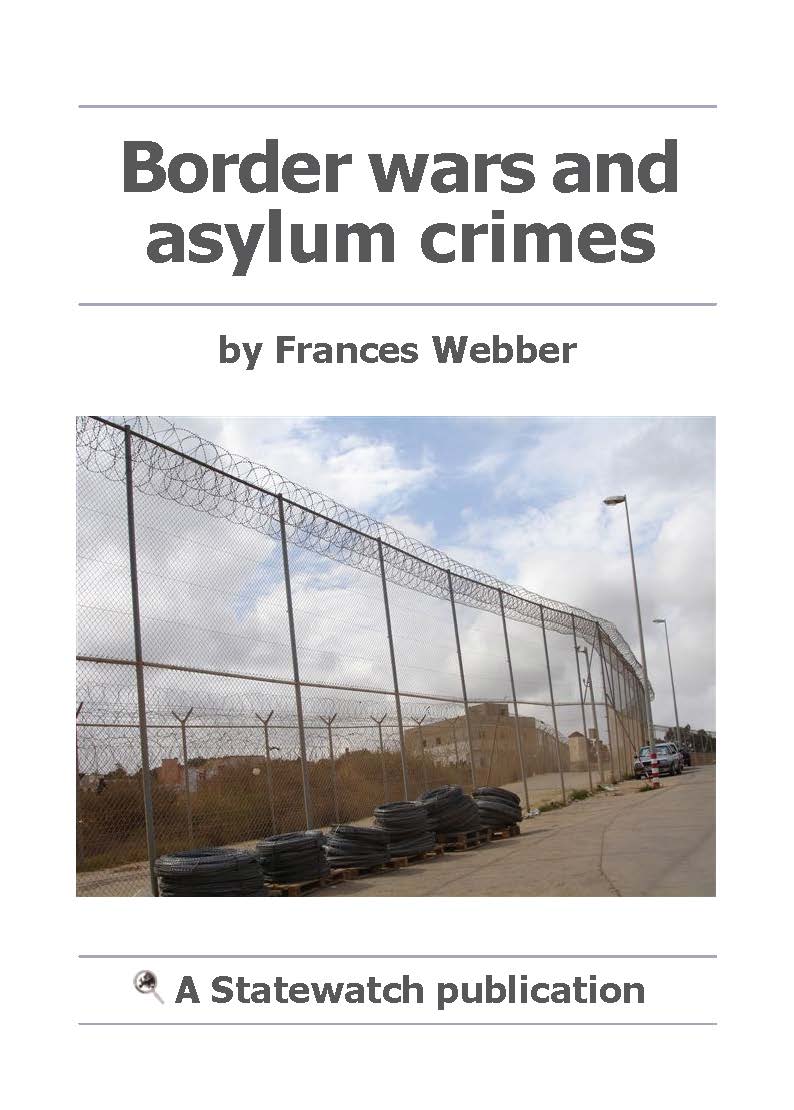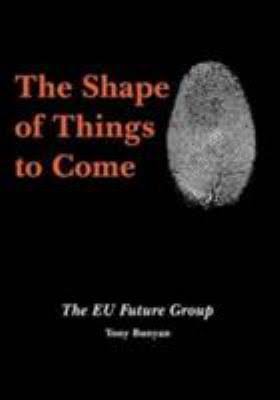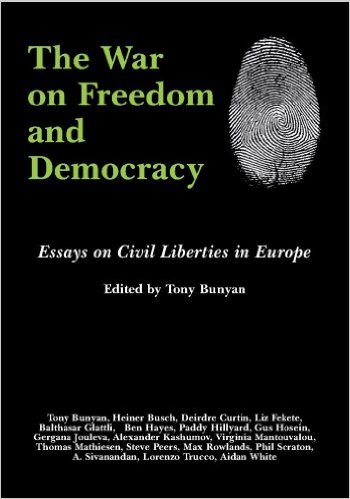Border Wars and Asylum Crimes
09 November 2006
When the Statewatch pamphlet "Crimes of Arrival" was written, in 1995, the title was a metaphor for the way the British government, in common with other European governments, treated migrants and especially, asylum seekers. Now, a decade on, that title describes a literal truth.
Support our work: become a Friend of Statewatch from as little as £1/€1 per month.
The criminalisation of asylum claimants who arrive with no documentation is the latest salvo in a ‘war on asylum’ which employs every possible method to keep the world’s unwanted masses, the displaced, the desperate and the destitute, away from the shores of Europe – from legal obstacles such as the common visa list, imposing impossible visa requirements on nationals of all refugee-producing countries, to British immigration officers stopping Roma passengers boarding aircraft at Prague airport, gunboats and military aircraft patrolling the Mediterranean and the coast of west Africa, landmines on the Greek border with Turkey and the shooting of people attempting to scale the barbed wire fences surrounding the Spanish enclaves of Ceuta and Melilla in Morocco. Anything goes, so long as the goal of keeping out poor asylum seekers and migrants is achieved.
Published in 2006 by Statewatch. Free pdf available.
Our work is only possible with your support.
Become a Friend of Statewatch from as little as £1/€1 per month.
Spotted an error? If you've spotted a problem with this page, just click once to let us know.


